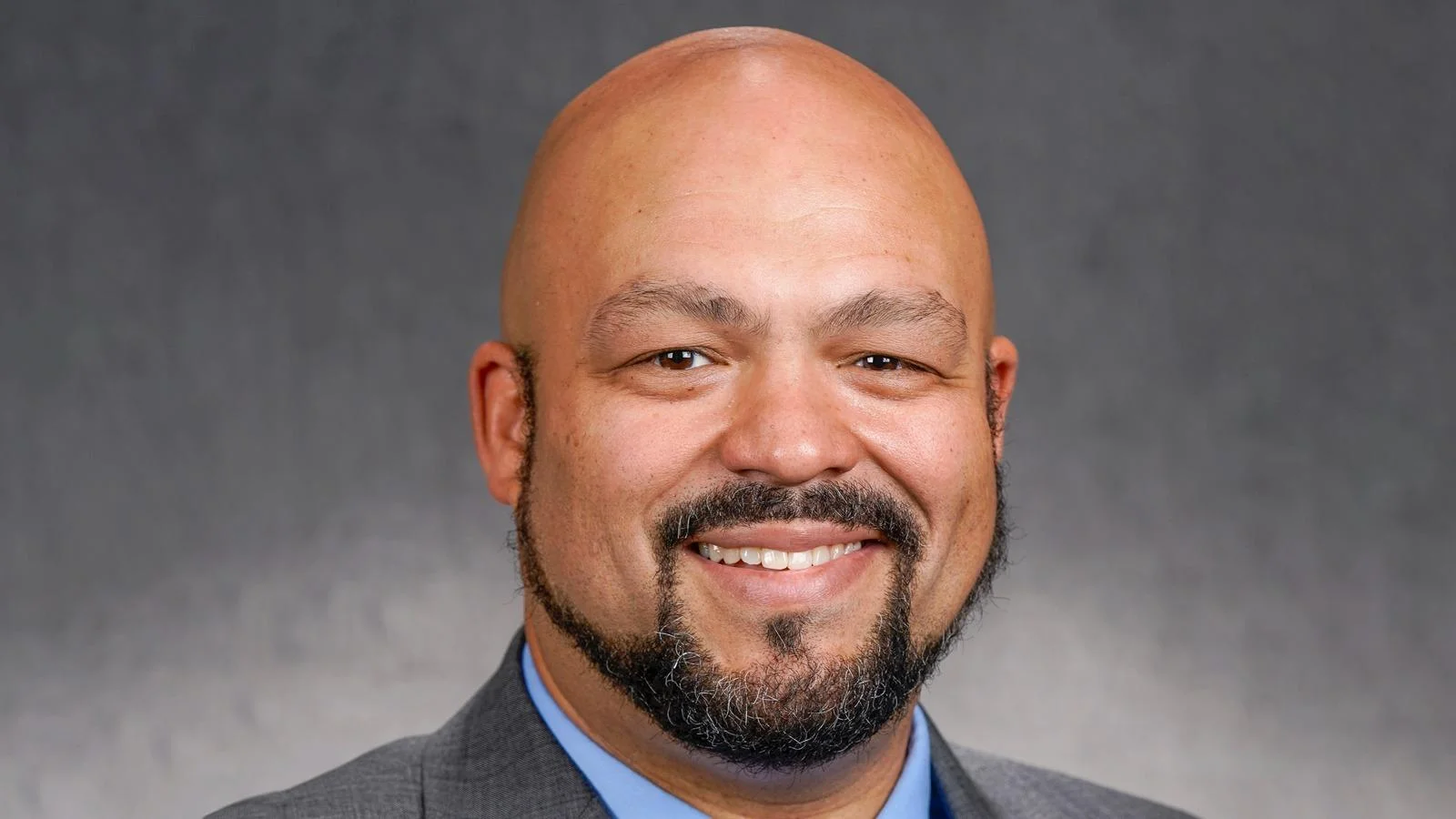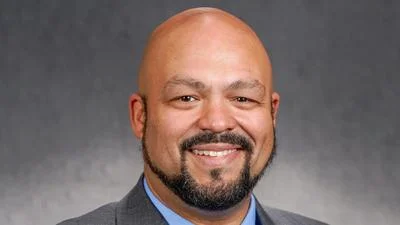Walter Hudson, Minnesota State Representative from 30A District | Official Website
Walter Hudson, Minnesota State Representative from 30A District | Official Website
Walter Hudson, a Minnesota state representative, posted a series of comments on X (formerly Twitter) in the early hours of September 14, 2025. His tweets addressed topics ranging from public discourse about violence to the justification of self-defense.
In one post at 4:41 a.m., Hudson questioned the identity of individuals excusing or celebrating an act he described as "Kirk's murder." He wrote: "Question: Are the people you're referring to columnists from the NY Times? Or Congresspeople? Or state legislators? Or professors or teachers?
... because those are the sorts of people who have been celebrating and excusing Kirk's murder.
You're not the victim here, narcissist." (September 14, 2025)
Shortly after, at 5:15 a.m., Hudson commented on accusations of fascism in political rhetoric. He stated: "Well... listen... how long can you falsely call people 'fascists' before they just oblige you?" (September 14, 2025)
At 5:21 a.m., Hudson addressed gun violence and self-defense. He asserted: '"Gun violence" saves lives.
If someone breaks into my house, and I kill them, I've saved my family... through violence.
That's just. Virtuous. Appropriate. Legal. And moral.
What you need to do to be taken seriously is present:
1) A premise
2) Supporting evidence
3) A valid' (September 14, 2025)
Walter Hudson serves as a member of the Minnesota House of Representatives for District 30A and has been noted for his outspoken views on issues related to personal liberty and self-defense laws.
Minnesota law allows individuals to use reasonable force—including deadly force—in defense against certain felonies or imminent threats within their homes. However, such cases often involve legal scrutiny regarding whether actions were necessary and proportional under state statutes.





 Alerts Sign-up
Alerts Sign-up